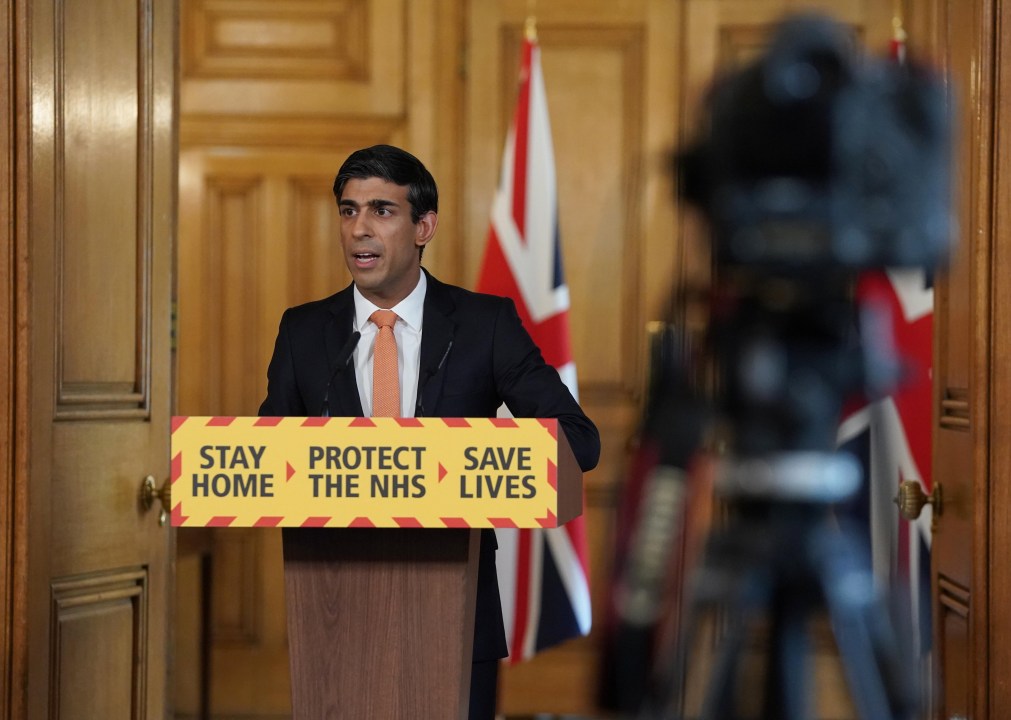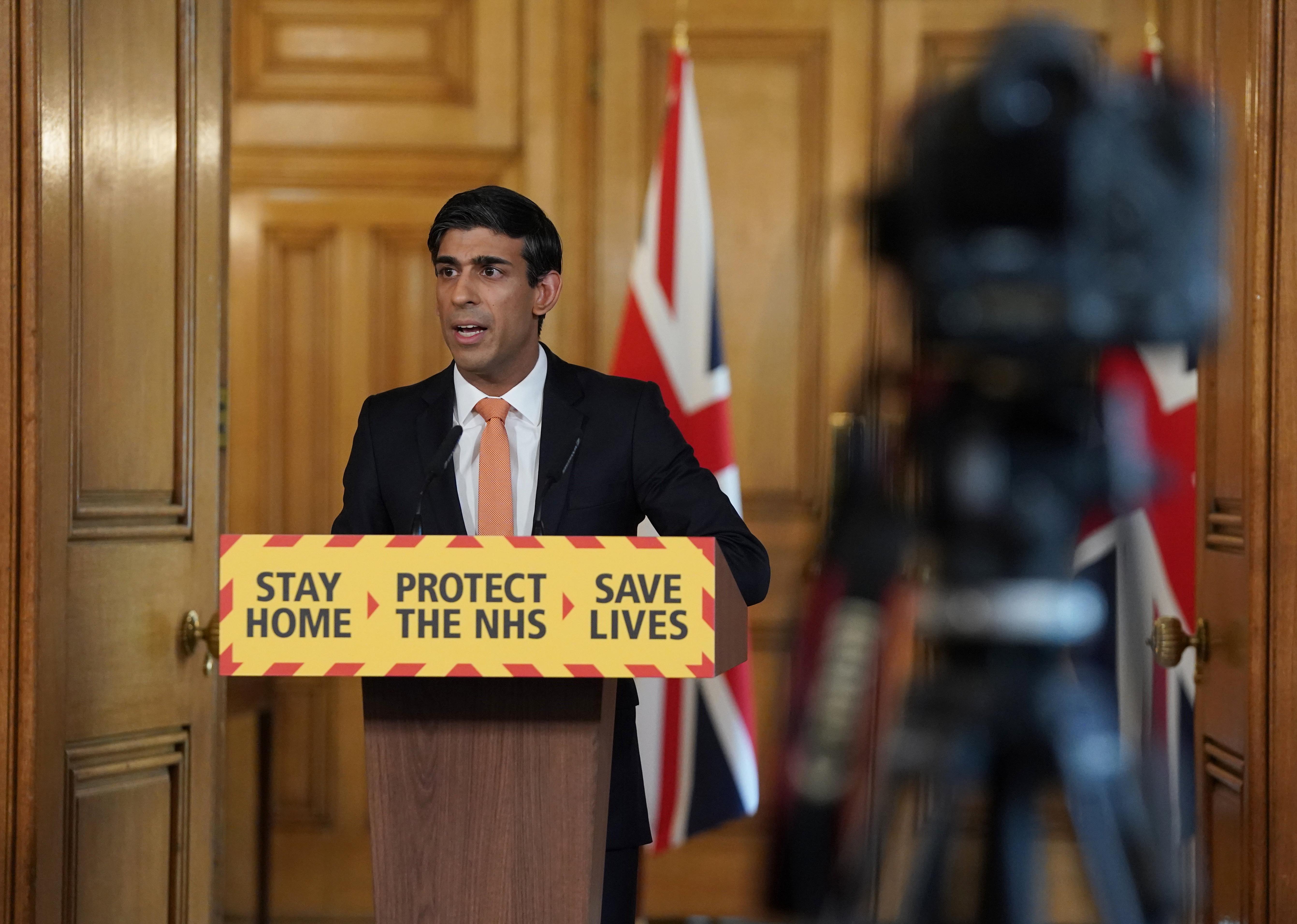At Wednesday’s coronavirus briefing, Chancellor Rishi Sunak turned his attention (and the Treasury’s coffers) to the charity sector, which will receive £750 million to support vital services for the community. The money will be divided between small, local charities working with vulnerable people and charities that provide ‘essential services,’ with Sunak citing St John Ambulance and the Citizens Advice bureau as two examples of potential beneficiaries.
The support comes as organisations like Cancer Research announced in recent days that they would have to scale back their medical research due to a projected drop in donations on which they rely to keep their services going. This pot will be intended to plug such funding drains, though the Chancellor emphasised that the government could not be expected to ‘match every pound’ of funding. As the scheme is targeted towards charities that have staff engaged in frontline services, not all charity applicants are likely to be treated equally – those that aren’t eligible will have to continue to rely on nationwide policies like the job retentions scheme to keep their organisations going.
Sunak hailed the mass take-up of the scheme as a win, noting that: ‘If it ends up being significantly used, I will view that as a success’. But both job retentions scheme and the business loans – the centrepieces of the Treasury’s Covid packages – have come under the spotlight this week, as it was revealed that the job scheme is projected to cost three times more than originally predicted, and only a fraction of businesses (2,022 out of roughly 300,000) have successfully been granted a Covid-19 loan.
While little was said about these policies or their short-term impact, the Chancellor did indicate yet again that the cost of all this will need to be addressed down the road. While Sunak emphasised the need to focus on the here and now, he served up a short but stark reminder that we are all ultimately accountable for the hefty bill that’s coming our way.








Comments